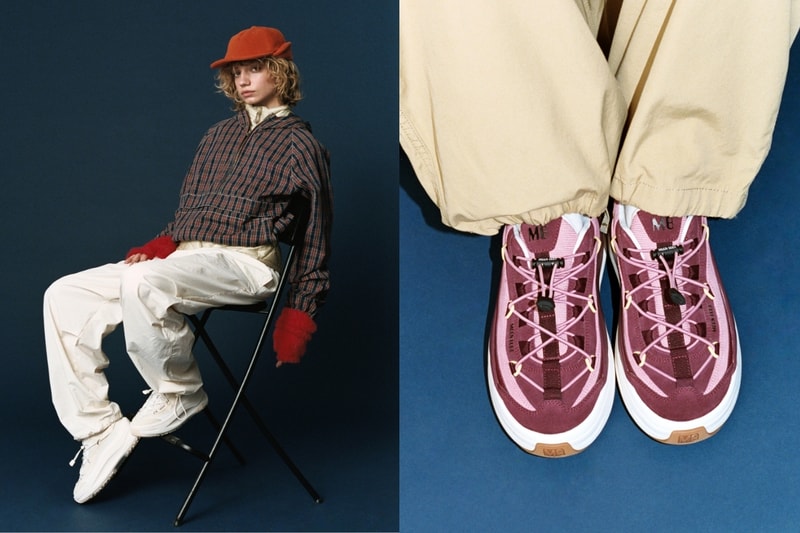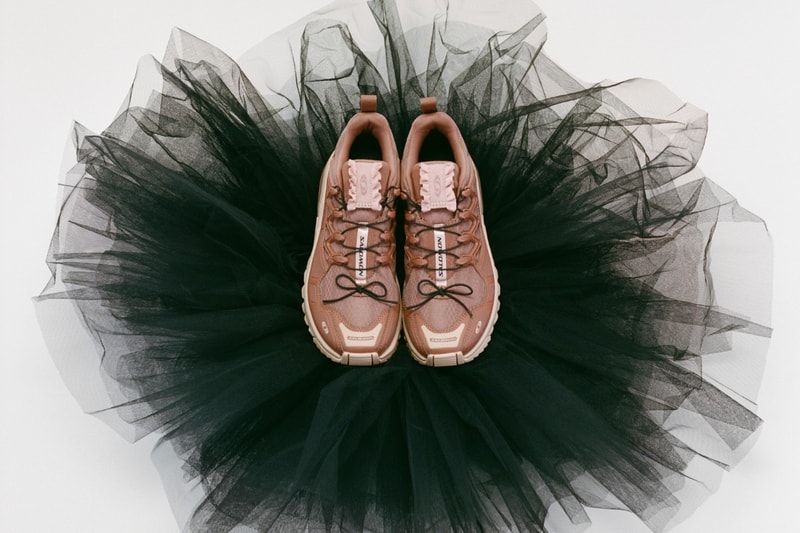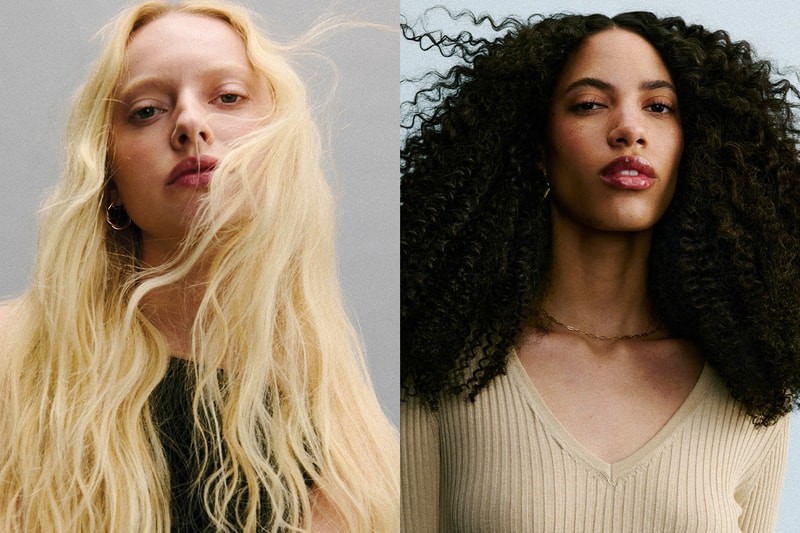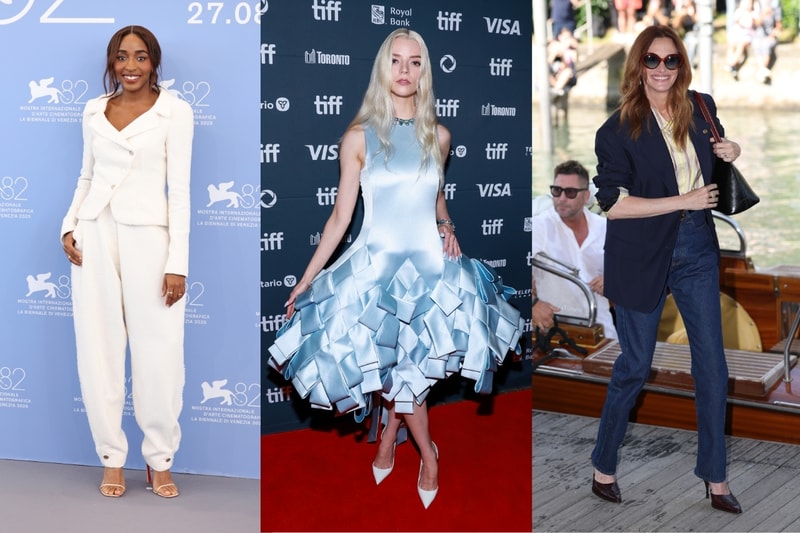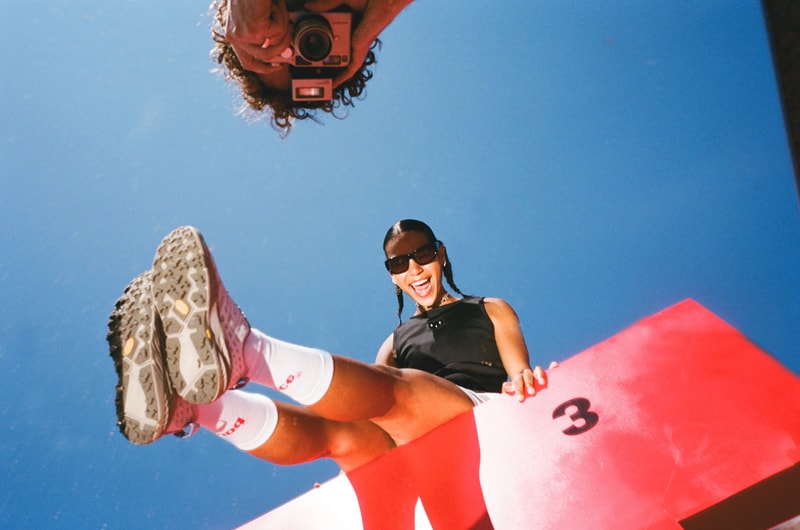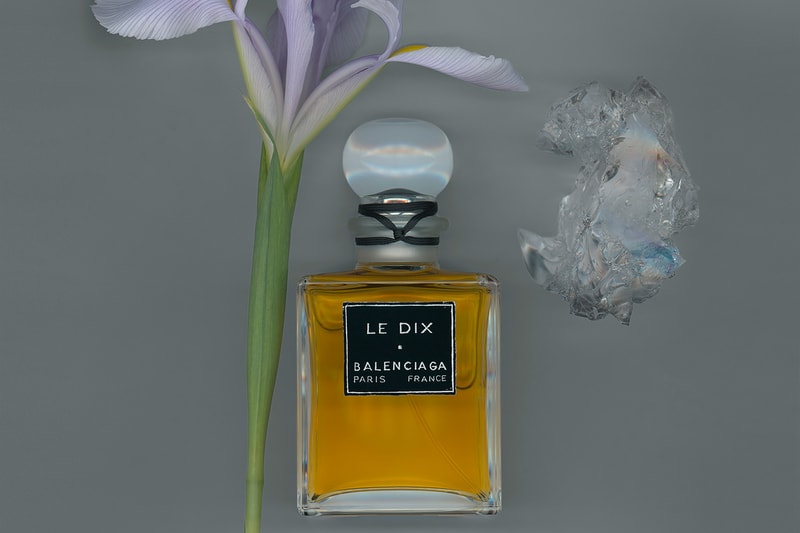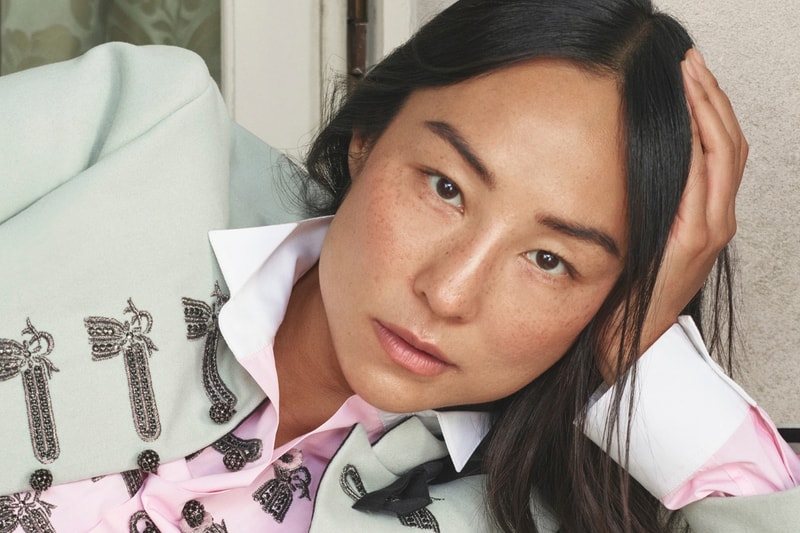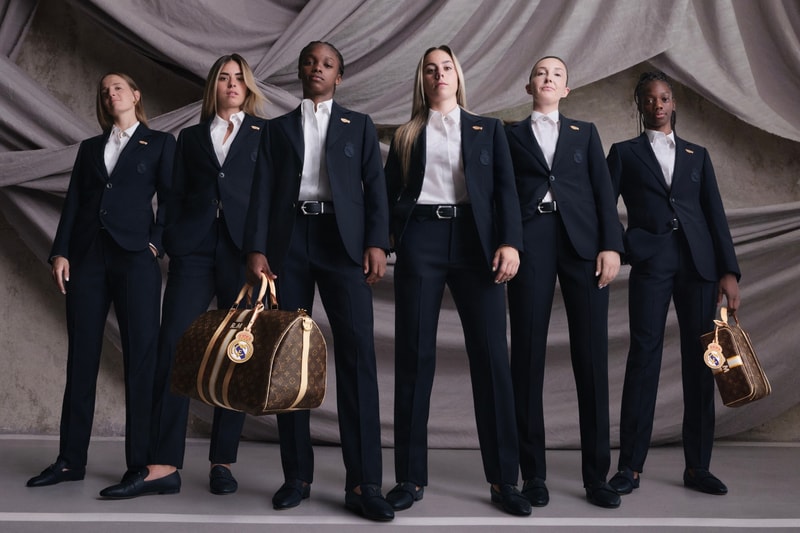Leah Thomas, AKA Green Girl Leah, Is on a Mission To Raise Awareness About Environmental Injustice
info@hypebae.com (HYPEBAE) Fri, 09 Apr 2021 HYPEBAE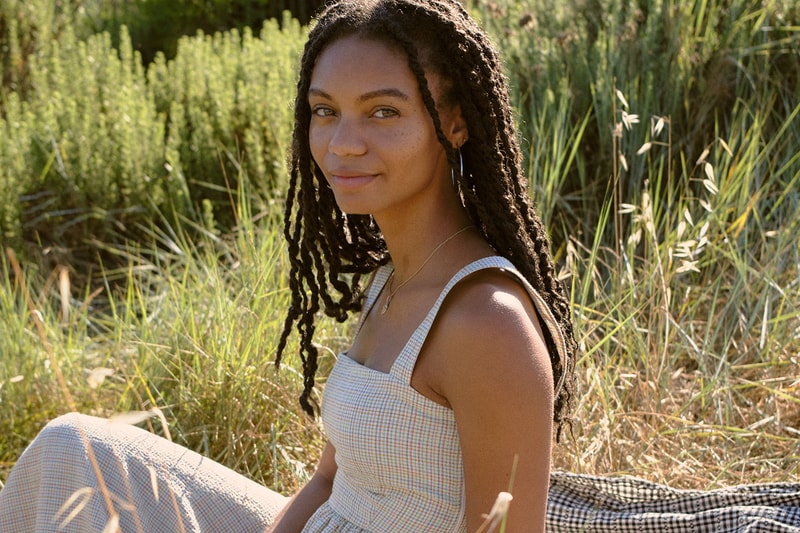
Leah Thomas, who also goes by the moniker Green Girl Leah online, is an environmental advocate with a passion for writing and creativity. As the founder of the Intersectional Environmentalist (IE), Thomas hopes to raise awareness about environmental injustice, to promote inclusivity within environmental education and to share resources for people of color through her platform.
"[I] focus on both the protection of people and the planet, and find a way to advocate for the people most impacted by environmental injustice, such as people of color," Thomas says when explaining to HYPEBAE how she got involved in environmental advocacy. "That’s why I’ve incorporated intersectional theory and Black feminist ideals into my environmental practice," she adds.
Prior to establishing IE, Thomas had a job in the corporate world and worked in public relations and communications. Now, the eco-communicator dedicates her time to creating online resources for IE, including putting together content on climate-related issues that is easily accessible to everyone.
With April being the annual celebration of Earth Month, we spoke to Thomas about her journey in environmentalism, the sustainable practices she follows on a daily basis and more. Read on for our conversation.

What made you want to pursue a career in environmentalism?
I’m a bit of a hippie and I think my mom had this dream for me to be a scientist, but I didn’t actually enjoy most of my biology or chemistry classes. So, when I saw an environmental program, I knew I wanted to give it a try and I ended up really falling in love with it. I realized it was all the parts of science I did like and it made me feel good to care for Mother Earth at the same time.
Can you share with us what prompted you to go from being an environmentalist to an intersectional environmental activist?
I tend to use the word "advocate" instead of "activist" because a lot of my time is creating environmental educational content. Previously, I was more involved with on-ground action and protesting, but more recently, I’ve been enjoying writing op-eds about climate justice or different sustainability topics and creating resources. But I really wanted to focus on both the protection of people and the planet, and find a way to advocate for the people most impacted by environmental injustice, such as people of color. So that’s why I’ve incorporated intersectional theory and Black feminist ideals into my environmental practice.

What exactly does your job entail?
A lot of things. At Intersectional Environmentalist, I work in the creative department to help us create resources for our website and on social media to help synthesize and break down climate information in a way that is accessible to anyone. As Green Girl Leah, I write essays about climate justice. My work mostly centers around environmental communications and exploring different mediums to break down climate science, as well as raise awareness about environmental injustice.
How have you been able to bring awareness to the connection between people and the climate crisis?
Numbers don’t lie. I find research that helps paint a better picture for others who might not see the connection at first, but people of color in the U.S. are exposed to higher air pollution, water pollution, proximity to toxic waste sites and landfills, have a lack of green space on average, and are more likely to live in areas of food apartheid. Some of these issues are connected very closely to the practice of redlining where communities are located as well as housing discrimination and environmental racism. I try to talk to people about the history of the environmental justice movement as well, and the numerous studies that have shown repeatedly that environmental racism is very present on a global scale. I try to use whatever medium [that] is most accessible to people, including social media, which has worked and even resulted in conversations on IE with the White House and Al Gore.
"I try to talk to people about the history of the environmental justice movement as well, and the numerous studies that have shown repeatedly that environmental racism is very present on a global scale."
What sort of work were you involved in prior to establishing Intersectional Environmentalist and The Green Girl Collective?
The Greens Girl Collective sadly is on pause, but before IE, I had my blog and worked for Patagonia and ECOS. I was also a National Parks Service ranger intern twice for Nicodemus and President’s Park (The White House). I used to be an RA in college and I graduated in 2017 with a bachelor's in science in environmental science and policy.
What was your initial vision for IE? In what ways has it grown over time?
Initially, I wanted IE to be an educational hub to help fill the void of the lack of diversity in most environmental education programs, to raise awareness about the cultural traditions of people of color, and how that’s actually paved the way for sustainability. I wanted to provide help to people to understand environmental justice and for them to be able to find it quickly. I also wanted to meet people where they’re at on social media or in some of the more unlikely platforms I write for. I really just want to make climate justice "fetch."
This has shifted a lot because I was really shocked by the overwhelming response of people who also want to help and leverage IE to change the curriculums of their schools or programs. People want IE to lobby politically, do events, find ways for people to create a community, and they want to be active members of IE. I couldn’t have expected that, especially given the moment we’re in in the world right now, but it’s really cool and inspiring. Grassroots movements kind of just happen, and I’m so glad it did and it's just really cool to experience.

What are some sustainable practices you follow on a daily basis?
I use mason jars all the time and reusable jars. My kitchen is probably my most sustainable space, because I have so many random reusable items, including dishcloths, straws, storage bags, bowl covers and more. I also recycle every day and try to repurpose as much as I can.
Can you recommend some platforms or nonprofits that people can volunteer with or donate to this Earth Month, Earth Day (April 22) and beyond?
Hike Clerb, HBCU Outside, Black Girl Environmentalist, Latino Outdoors and Outdoor Afro.
For more on Leah and her work, check out her Instagram @greengirlleah and the account @intersectionalenvironmentalist.
